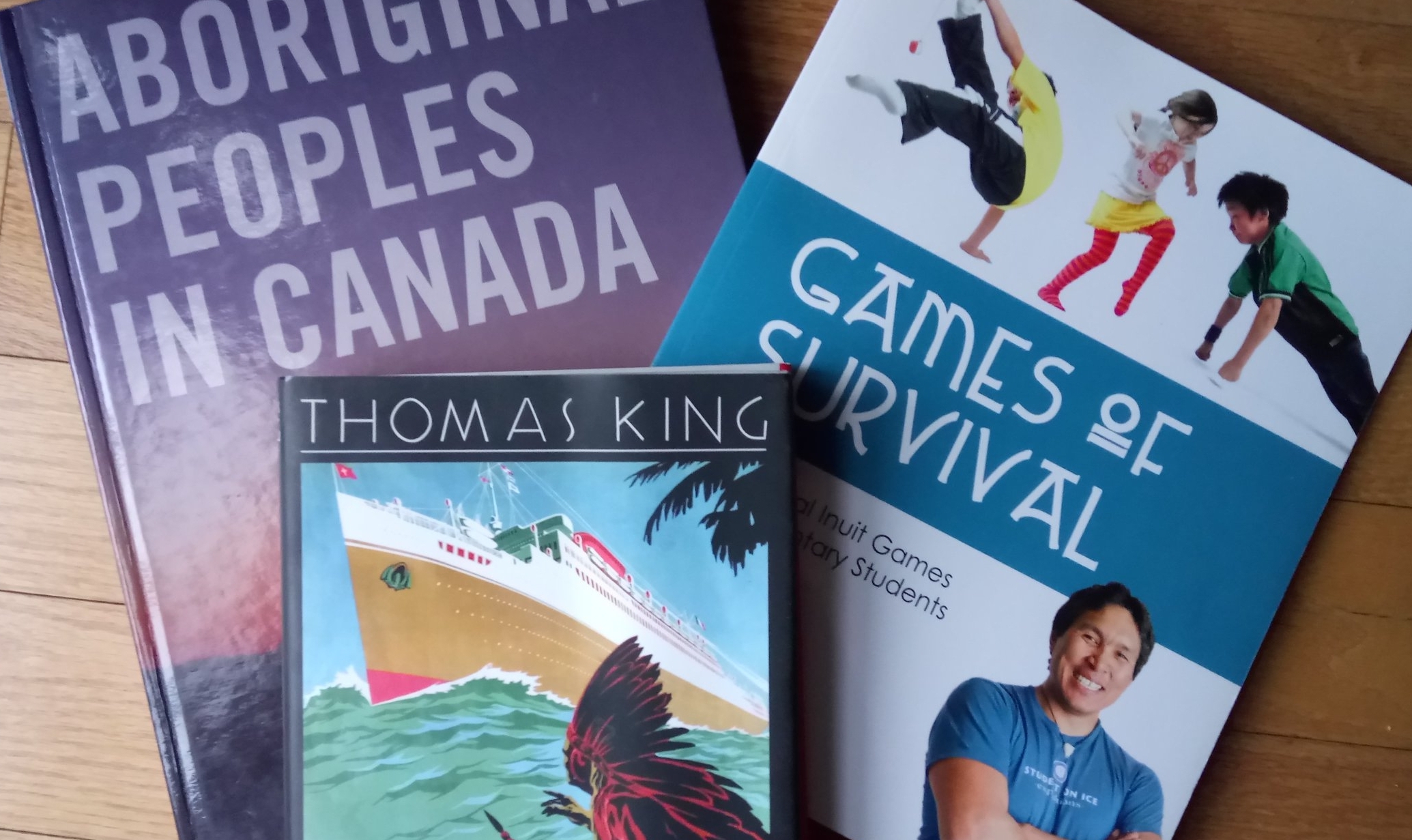Dr. Jean-Paul Restoule and I are excited to partner with The Robertson Program for Inquiry-based Teaching in Mathematics in Science for a new webinar series which begins on February 25th at 7pm (EST). Tickets are free and everyone is welcome.
About our first guest
Bryan Bellefeuille is a father of three and is Anishinaabe of Nipissing First Nation. He is a firekeeper, a grass dancer, and a traditional fisherman. Bryan graduated from the Schulich School of Education at Nipissing University after completing an undergraduate degree in Mathematics. Currently, Bryan is teaching at Blind River Public School on the North Shore of Lake Huron as an Ojibwe language teacher and an Indigenous Culture and Curriculum Support worker, where he works with teachers to integrate Indigenous knowledge into other parts of the curriculum.
Webinar Description
Traditional Indigenous Mathematics has existed for thousands of years. Stories and knowledge continue to be held and practiced by families everywhere. Difficulties arise when articulating Traditional Mathematics in a Western context. Traditional Indigenous activities have not been passed down with descriptions of how it is connected to the expectations laid out in the Ontario curriculum. For Traditional Knowledge to be taught in Mathematics, it takes time to be able to understand how individual traditional activities contain vast information.
In this webinar, Bryan will share examples of how he brings Traditional Mathematics in the Ontario Classroom.
Click here to sign up to sign up for Traditional Indigenous Mathematics in the Ontario Classroom!




